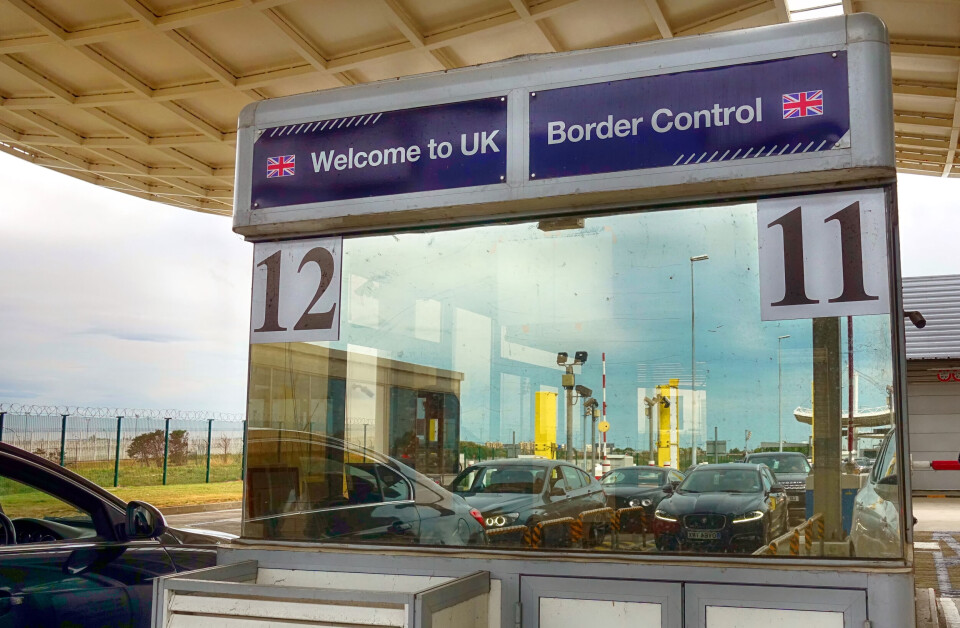-
Festivals, holidays and places to visit in France in April 2025
Including a gladiator battle in a Roman arena, an international garden festival and the Paris marathon
-
Many Société Générale customers to be charged additional fees from April
There is some good news for international banking and instant transfers, however
-
Why gas prices in France are rising in April - and by how much
It comes after six consecutive monthly rises. Try these tips to reduce your bills
Trade body resilient as post-Brexit customs controls start EU to UK
‘One can’t deny that the administrative side of things now adds a cost to importing and exporting and businesses will take whatever measures are necessary to compensate for that’

Post-Brexit customs controls have now been implemented for goods moving from the EU to the UK.
We spoke to the Franco-British Chamber of Commerce and Industry about the impact on businesses.
Full controls were already in place in the UK-to-EU direction from the start of 2021.
Among other changes, businesses sending goods into the UK can now no longer delay making import customs declarations for 175 days.
James Palmer, a director at the chamber and co-founder of communications agency Orphéon Finance, said the forms would take about 30 minutes to complete but would require visits to several websites.
“It is a bit like if one wants to travel between the UK and France. You have to download your sworn statement and upload your health pass, etc.
“The UK being a third country means there are delays in vehicle crossings because there are physical checks and there is no longer the free movement of goods, services and people.”
Another board director, Loïc Chavaroche, who works for freight forwarder and carrier Group Sterne, said he estimated that the waiting time for crossings could be between one and five hours.
Former Brexit department official Philip Rycroft told BBC Radio 4: “The big question is, how many businesses will ultimately think ‘Do you know what? This is just too much hassle’, and give up importing? “Just as some businesses have already given up exporting because it’s not worth it.”
Read more: Border complexities blamed for Fortnum & Mason pausing EU deliveries
Read more: M&S: Brexit customs issues are forcing us to review our French stores
However, Mr Palmer said: “Businesses always adapt if it is worth their while. Perhaps there are some imports and exports which will drop away because people will say ‘our margins are so slim that this isn’t worth it’, but that is just about efficiency.
“One can’t deny that the administrative side of things now adds a cost to importing and exporting, and businesses will take whatever measures are necessary to compensate for that. But once you know what’s got to be done, you will anticipate it and just get on with it.
“I think that people will ultimately work their way round Brexit in the long term and we believe the relationship between France and the UK will continue to be extremely important and positive.
“Trade will be rebuilt on partnerships and the renewal of trust and things will grow from there. “We are very optimistic. Once it becomes part of everyone’s normal practice, they will just do it.”
Further information on the changes can be found on the UK government website. More Brexit-related changes are due from July 1, with full safety and security declarations required on imports to the UK, and animal and plant health certificates and goods inspections enforced.
Related articles
La Poste claims improvement to custom charge issue for foreign parcels
Post-Brexit tax rules recap: How to send gifts between UK and France
How to avoid taxes and fees being levied on gifts sent UK to France
























